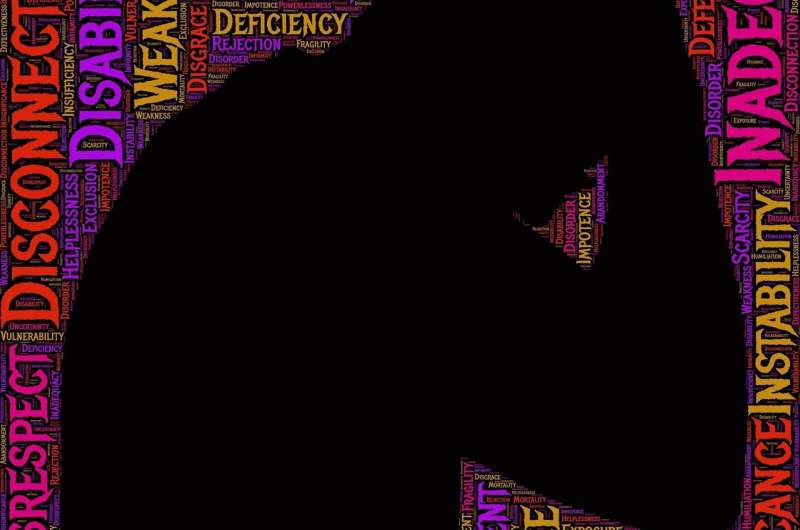This article has been reviewed according to Science X's editorial process and policies. Editors have highlighted the following attributes while ensuring the content's credibility:
fact-checked
trusted source
proofread
Information resilience can help people cope with the uncertainty created by crises

Successive and overlapping crises can lead to a lack of information, a flood of information that overwhelms essential information, or even distorted information. Society needs to be information-resilient and resistant to crises, including disruptions related to information. According to a new study from the University of Vaasa, Finland, we need a culture that accepts uncertainty and imperfection of knowledge.
Aino Rantamäki's doctoral dissertation at the University of Vaasa highlights the prerequisites for societal crisis resilience, particularly in relation to the informational dimension of crises.
Recent years have been marked by various crises and exceptional circumstances, such as the COVID-19 pandemic, the war in Ukraine, and the mobilization of refugees on the Russian border. These crises are not all the same, but regardless of their type, they are all associated with uncertainty. Uncertainty is linked to a lack of information, particularly in the early stages of a crisis, and to the contradictory, unclear, and even untruthful nature of information as the crisis progresses.
The lack of information is often responded to by massive information production, which can lead to the loss of information that is essential for action.
"Both incomplete and excessive information have consequences that undermine the capacity of individuals and society to act. It is not appropriate, let alone possible, to strive for perfect information, so instead of producing too much information, it is important to invest in building a common understanding of the situation and improving the usability of information," says Rantamäki, who will defend her dissertation at the University of Vaasa on 22 March 2024.
Crises are not only inevitable but also necessary. They force us to remain vigilant, maintain preparedness, and develop skills and lessons learned.
Rantamäki stresses that although information resilience is realized during crises, it is built and strengthened in normal circumstances. "Maintaining trust in society, building skills that are essential for information resilience, and enabling foresight that leaves room for application are ways to strengthen the structures that support information resilience," says Rantamäki.
In addition, a common will is needed. Information resilience is built through interaction and cannot be the responsibility of a single actor or agency. This means that we need ways, space, and opportunities for dialogue between different groups of actors. According to Rantamäki, interaction in support of information resilience requires dialogue across sectors, levels, and disciplines so that a common understanding of the situation can be built and rebuilt.
Rantamäki's doctoral research takes a multi-method approach to information resilience. The study uses not only qualitative conceptual analysis and content analysis, but also network analysis linked to a more quantitative research tradition. The data consists of previous research literature, newspaper articles from the time of the COVID-19 pandemic, networks of stakeholders in the consultations behind the legislation, expert interviews, panels, and workshops.
The dissertation provides new scientific knowledge on information resilience in a governance context and a practical understanding of the means to support information resilience in society. The understanding built up in the dissertation can, therefore, be used both in future scientific research and in the development of, for example, social preparedness or organizational knowledge management.
More information: Dissertation: urn.fi/URN:ISBN:978-952-395-133-4
Provided by University of Vaasa




















